规格
|
|
Label Type:
|
Polyethylene Glycol (PEG), Blocking Groups |
|
Reactive Moiety:
|
Active Ester, Succinimidyl Ester, NHS Ester |
|
Chemical Reactivity:
|
Amine |
|
Description:
|
Pierce MS(PEG)4 |
|
Quantity:
|
100mg |
储存
|
|
Store desiccated at -20°C. |
Thermo Scientific Pierce MS(PEG)n reagents are methyl-terminated, polyethylene glycol compounds (n equals 4 to 24 PEG units) activated as NHS esters for covalent pegylation of primary amines on proteins (e.g., lysines) or assay surfaces.
Features of MS(PEG)4:
• NHS-activated for efficient PEGylation of primary amines at pH 7-9; reaction of NHS-ester group results in formation of stable, irreversible amide bonds
• Fully characterized PEGylation reagents with defined PEG chain lengths; molecules of discrete molecular weight for consistency of performance in protein-modification applications
• Provided as a series of 4, 8, 12 and 24 ethylene glycol units, enabling modification procedures to be optimized for a specific application while retaining all the benefits associated with protein PEGylation
• PEG spacer provides unique advantages, including increased stability, reduced tendency toward aggregation and reduced immunogenicity
• Easy-to-follow instructions increase the likelihood of a successful outcome
MS(PEG)n is the abbreviation for a set of compounds having polyethylene glycol (PEG) spacers with methyl (—CH3) and amine-reactive NHS-ester groups at opposite ends. The unbranched, hydrophilic, discrete-length molecules have the form Methyl-PEGn-NHS Ester, where the subscript 'n' denotes 4, 8, 12, or 24 ethylene glycol units. The N-hydroxysuccinimide (NHS) ester is spontaneously reactive with primary amines (—NH2), providing for efficient PEGylation of proteins, peptides and other amine-containing molecules or surfaces.
PEGylation Applications:
• PEGylate amine surfaces
• Add inert mass to proteins, immunogens, drug compounds and probes
• Improve solubility (decrease aggregation) of proteins or peptides without affecting function
• Protect proteins from proteolysis
Why PEGylate a protein or peptide?
PEG-containing reagents have been used to modify proteins to provide specific advantages. Protein PEGylation can improve the stability of the modified protein, protect it from proteolytic digestion, increase its half life in biological applications, mask it from causing an immunogenic response, decrease its antigenicity or potential toxicity, improve its solubility, diminish the potential for aggregation, and minimize interference for both in vitro and in vivo applications. Polyethylene glycol, also called polyethylene oxide (PEO), has these effects because it is nontoxic, nonimmunogenic, hydrophilic, water soluble and highly flexible.
Advantages of Discrete-length mPEG-NHS Ester Compounds
These reagents are specially synthesized as homogeneous compounds of discrete chain length and defined molecular weight. As such, they enable precise control and optimization of surface protein modification experiments. By contrast, typical preparations of PEG compounds are heterogeneous mixtures composed of multiple chain lengths and a range of molecular weights.
Related Products
MS(PEG)8 Methyl-PEG-NHS-Ester Reagent
MS(PEG)12 Methyl-PEG-NHS-Ester Reagent
MS(PEG)24 Methyl-PEG-NHS-Ester Reagent


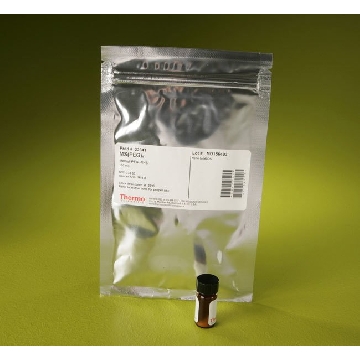

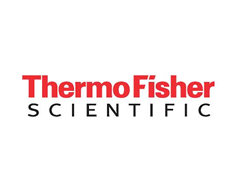


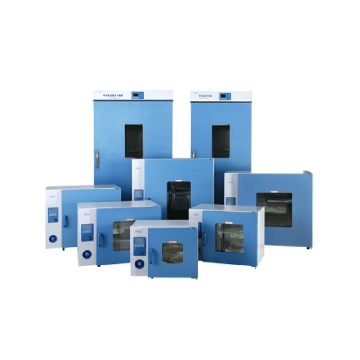
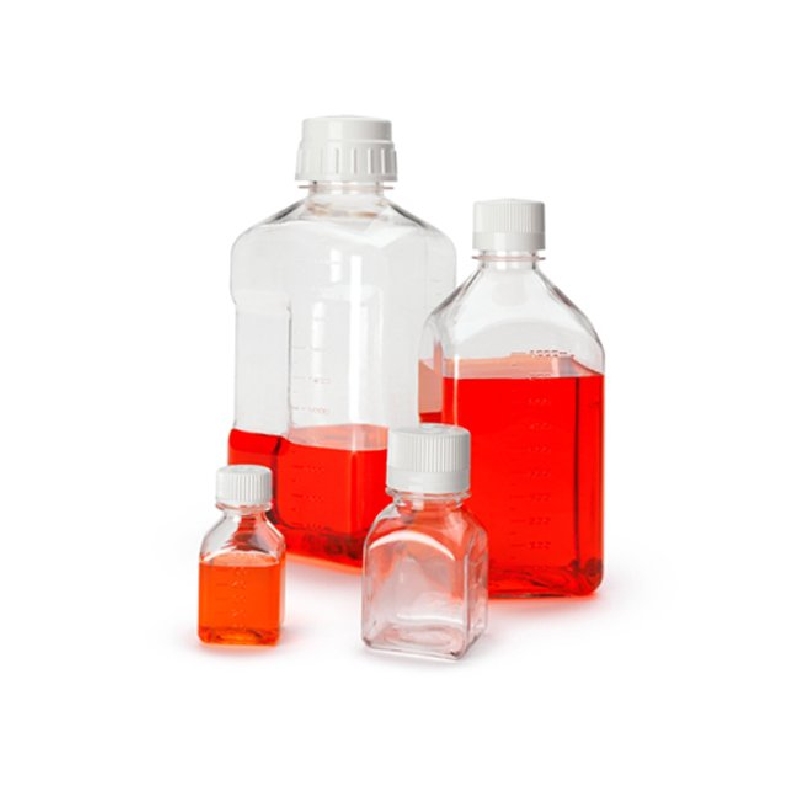
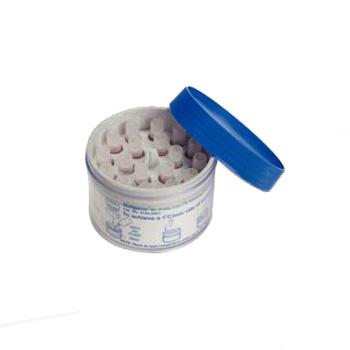
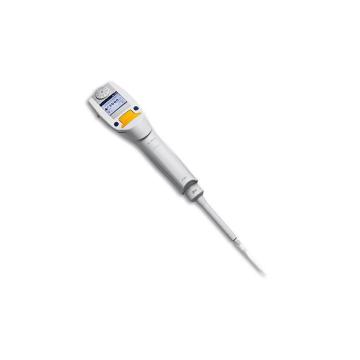
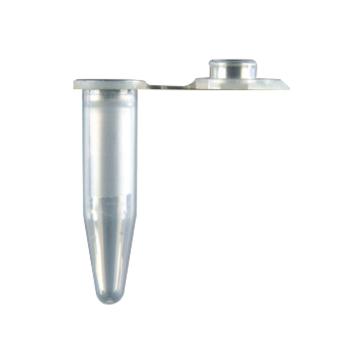
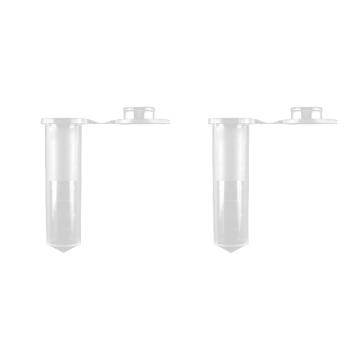
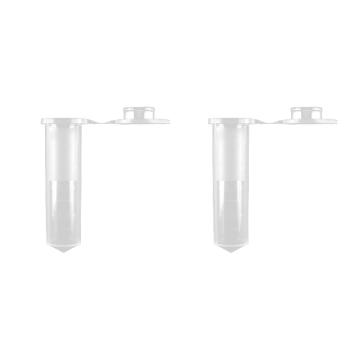
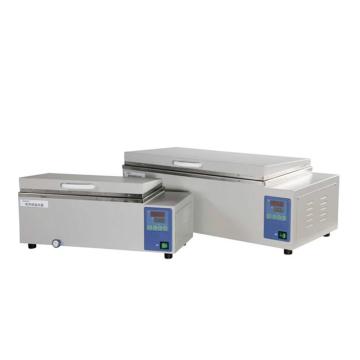
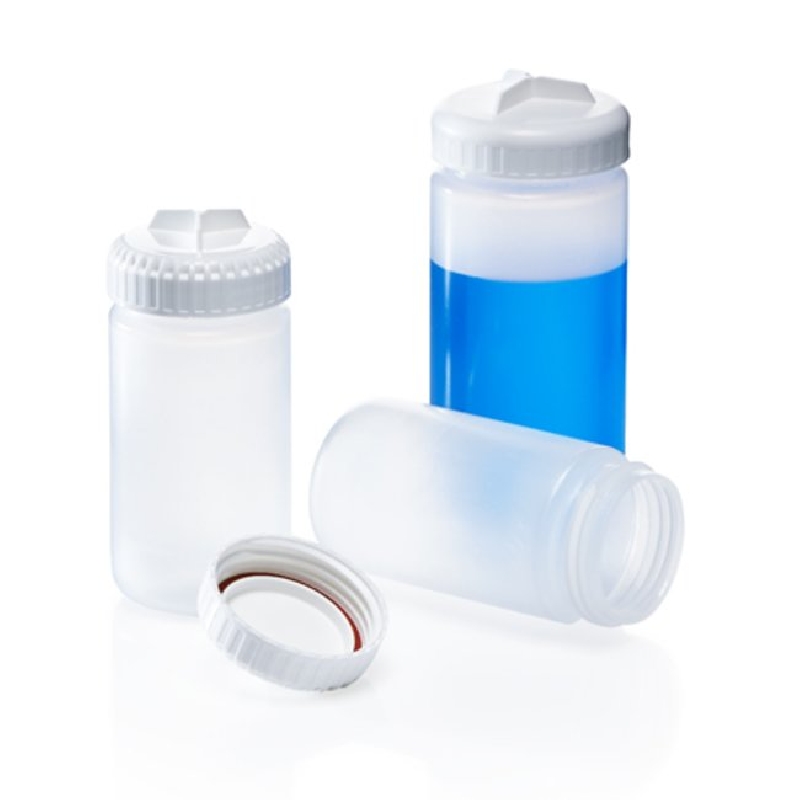
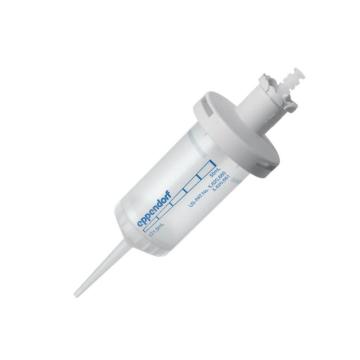
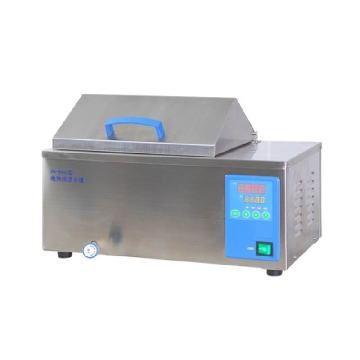
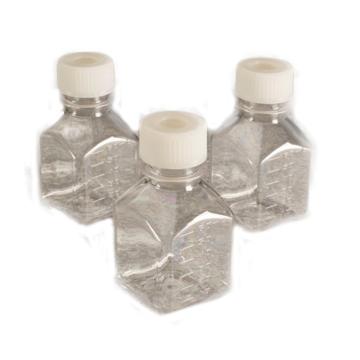
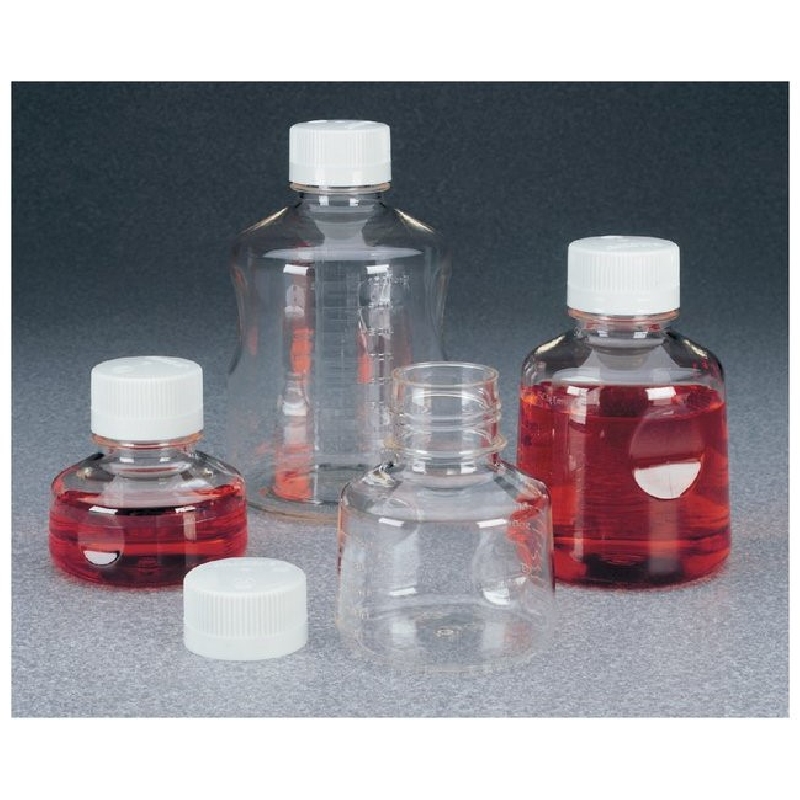
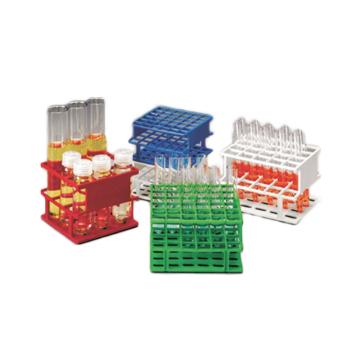
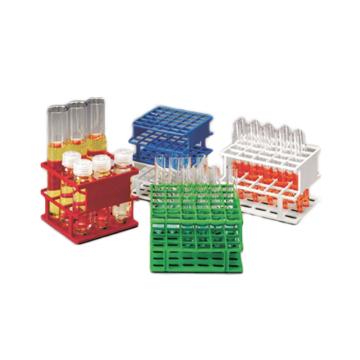
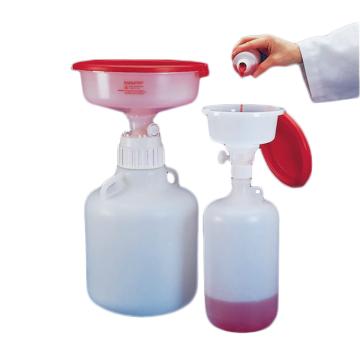
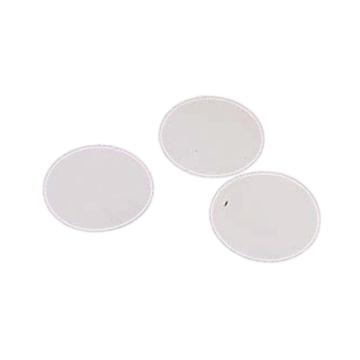
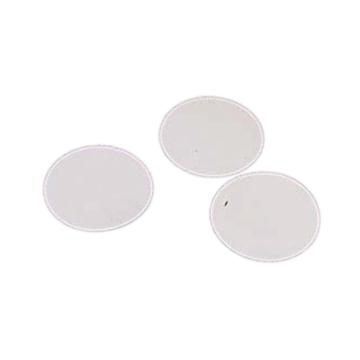
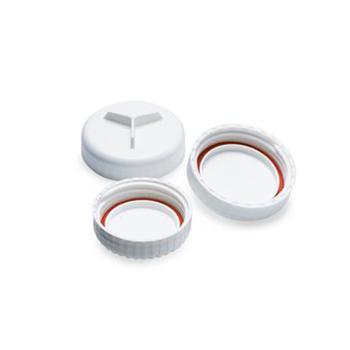








 微信小程序
7X24小时在线咨询
微信小程序
7X24小时在线咨询